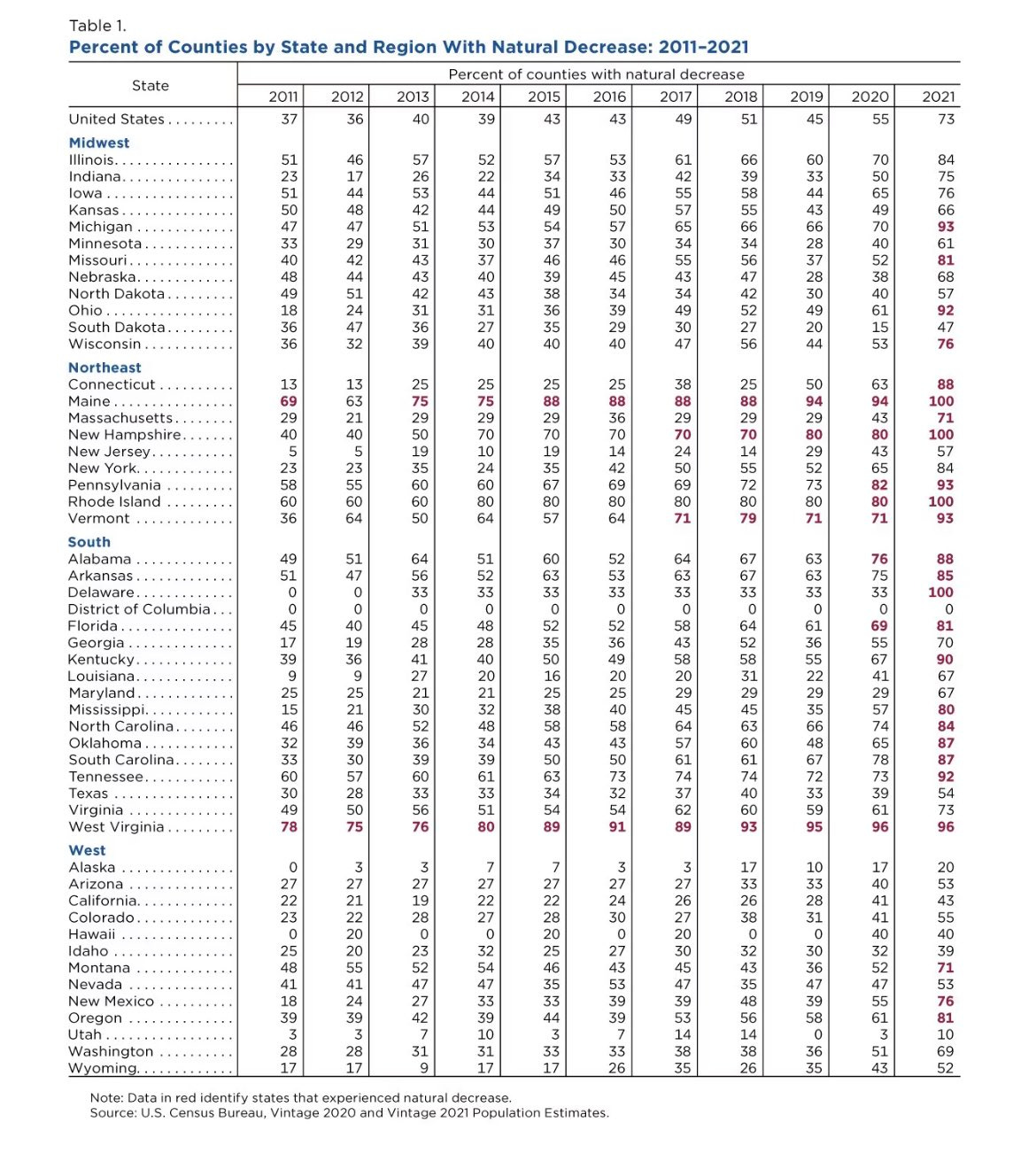Random Walk at Night: Waiting (for houses) is the hardest part
Random Walk goes back to the well for more housing "shortage" shenanigans
It’s Thursday night, which means it’s Random Walk at Night, Great Wall of Text edition. For the newest members of the tribe, this is the part where I use more words than pictures, and well, throw some ‘bos in the paint, just like the 90’s Knicks taught me.
Enjoy. And remember, it’s all in the game.
Random Walk at Night
Waiting is the hardest part
Random Walk offers more thoughts on the Housing “Shortage” that isn’t. Partly to clarify, partly to perturb, and partly (mostly) because they are good thoughts, and more correct than the alternative. And well, of course, there’s this too.
Anyways. There’s no shortage, and nothing is broken (or at least, no more so than before).
There is impatience and opportunism, but really it’s just a waiting game.
People using the same words don’t always mean the same thing
There continues to be a lot of this (although I won’t name names):
Houses are so unaffordable now! There’s a housing shortage. No one will sell! Rate lock-in There’s no inventory! Everything is broken! NIMBY-boo! WE MUST DO SOMETHING!!
It’s not so much a theory, as it is various independent observations and inferences around the frustration (certain) would-be homebuyers are experiencing.
It’s also incorrect to call it a housing “shortage,” but it nonetheless works, insofar as it feels good to the most stakeholders.
Which stakeholders? Some version of:
Industry folks (and homeowners) are happy because it implies that housing as an asset is undefeated. When there’s a shortage, if you’ve got a house to sell, you’re feeling pretty good. Nothing to worry about. You’re home equity is fine. Better than fine.
Dedicated YIMBYs and committed “free market” classically liberal types are also happy because they have long seen regulation (like zoning) as throttling supply in excess of demand. A “shortage” is vindication-nail to their anti-regulation hammer.
Centralization of everything types, or fair-weather YIMBYs, are happy because a housing shortage that can be blamed on local zoning authority is a fantastic opportunity to consolidate zoning authority at the center.1 They have no objection to regulations per se—they love regulations actually, throttled-supply be-damned—but they have very strong objections to regulators who aren’t them. Density-maxxers fall into this crowd, as well.
Builders and developers too are happy because (a) they’re industry types; and (b) they’d prefer it to be easier to build and develop, and in many respects, they’re not wrong.
“New urbanists” frustrated that there aren’t more cities built to their specifications, in part, because zoning makes it more difficult.
The general mass of people who’d like to buy a house, but can’t right now and want a simple cause and effect to blame (that ideally isn’t them). “There’s a shortage because mean suburban Boomers are holding out on us, and all we need to do is take away their rules and everything will be better” works pretty nicely.
Basically normal people (who might also fall into category six) who correctly observe all the various imperfections and frustrations around zoning and regulatory red tape (and there are many), and well “Housing Shortage” is not-that-crazy in the recent scheme of Big Things that People Care Very Strongly About, and that’s a relief.
Lots of very different people, making very different claims, for very different reasons and with very different goals and motivations can nonetheless get behind the term “shortage.”
To be fair, while it isn’t really correct to say “shortage,” it’s also not strictly speaking incorrect. It can’t be incorrect because it’s both undefined and defined differently, depending on whom you ask.
Parts of it are surely incorrect, though. Those are the ones that RW is going to focus on.
The notion that there’s an acute shortage is balderdash
There has been no sudden influx of people or destruction of homes, such that a “shortage” could suddenly emerge.
Interest rates have changed, but that hasn’t led more people to be born or more houses to become unlivable. As per below, people deciding not to sell their homes isn’t a “supply” problem. Their houses didn’t disappear. The owners just aren’t sellers (or buyers) anymore.
There is no “crisis.” The people who claim crisis are almost certainly in category 3. Do not trust them.
A secular shortage might be true, but it’s less clear than you think
. . . and certainly less clear than would necessitate an intervention.
The evidence around a longer-term “secular” shortage—chronic under-building—is mixed and RW isn’t sure. It’s definitely true that building is more costly and approval-laden than it ought to be. That’s drag, but whether it accounts for a chronic shortage (especially of an asset that’s apparently in such high demand)? Seems sus.
RW has covered this at length various times, but the biggest reason to doubt the secular shortage argument is that the number of homebuyers has been flat to down for decades, while the number of new homes has continued to increase.
The stork is not our side anymore.
A housing mismatch? Yes, maybe.





